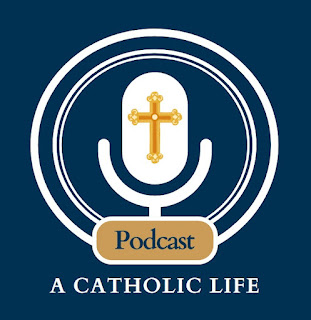The Spanish Crusade Bulls
In 1089 Pope Urban II granted a dispensation to Spain from abstinence on Fridays, in virtue of the Spanish efforts in the Crusades as part of the Crusade Bulls. After the Battle of Lepanto in 1571, Pope St. Pius V expanded that privilege to all Spanish colonies. That dispensation remained in place in some places as late as 1951 when the Archdiocese of Santa Fe in New Mexico, the last territory to invoke it, rescinded the privilege.
Known as the “Bula de Cruzada” (Spanish for Crusade Bulls), they were actually a series of papal bulls issued as far back as 1089 but which continued throughout the centuries with bulls issued in 1118, 1197, 1478, 1479, 1481, 1482, 1485, 1494, 1503 and 1505. One such provision of these bulls served to dispense the faithful from fasting and abstinence during Lent. The first bull of meat at the state level was delivered by Pope Julius II to the Catholic Monarchs in 1509 so that the Spanish were permitted to eat meat, eggs, and dairy on prohibited days. The town of Meco, Spain, obtained a bull from Pope Innocent VIII in the late 15th century exempting its 14,000 inhabitants from fast and abstinence, even on Good Friday, owing to their alleged large distance from the sea.
The one who originally obtained this dispensation was Íñigo López de Mendoza y Quiñones, the second Count of Tendilla and Lord of Meco. He requested the papal bull, and many say that the Vatican's favorable decision was granted in recognition of the services López de Mendoza had rendered to Innocent VIII and the Roman Court since Meco is not the farthest Spanish town from the sea.
All of these bulls stemmed from the contributions which the Spanish made to advance the Faith against the Church's enemies through the Crusades. As such, some Spanish missals will list reduced days of fasting and abstinence with the notation “con Bula de Cruzada.”
The Bull of the Crusade was ultimately extinguished on December 31, 1914, by Pope Benedict XV, who replaced it with the Pontifical Indults, whose proceeds were used for the founding and maintenance of seminaries. The fasting and abstinence pardons were later extinguished in 1966 with the issuance of Poenitemini.
This is just another example of our forgotten fasting and abstinence heritage. Want to learn more about the history of fasting and abstinence? Check out the Definitive Guide to Catholic Fasting and Abstinence.
"Misal Diario y Vesperal" by Dom Gasper Lefebvre and translated by P. German Prado (c) 1962
This is seen in some Missals published in the mid-1950s. For instance, a Spanish Missal from the mid-1950s notes: By virtue of the decree of the Sacred Congregation of the Council, given in the 28th day of January 1949, combined with the Privilege of the Bull of the Holy Crusade, the law of fast and abstinence is modified in the following manner:
Spain
- Days of fast only, Ash Wednesday
- Days of abstinence-only, all Fridays of Lent
- Days of fasting with abstinence, Good Friday, and the Vigils of the Immaculate Conception and the Nativity of Our Lord.
- Fast and abstinence for the Vigil of the Nativity is anticipated in Ember Saturday.
Note: It is supposed that all faithful enjoy the privilege of the Bull, and the bishops make use of the faculty that was granted to them.
Latin America and the Philippine Islands
By virtue of the pontifical indult, it is only obligatory:
Days of abstinence-only, without fast: the four vigils:
- Vigil of Christmas
- Vigil of Pentecost
- Vigil of the Holy Apostles Peter and Paul
- Vigil of the Assumption
Days of fasting and abstinence: Ash Wednesday and all Fridays of Lent
Days of fasting only without abstinence: all other Wednesdays of Lent, Holy Thursday, and Ember Friday during Advent
Want to learn more about the history of fasting and abstinence? Check out the Definitive Guide to Catholic Fasting and Abstinence.













